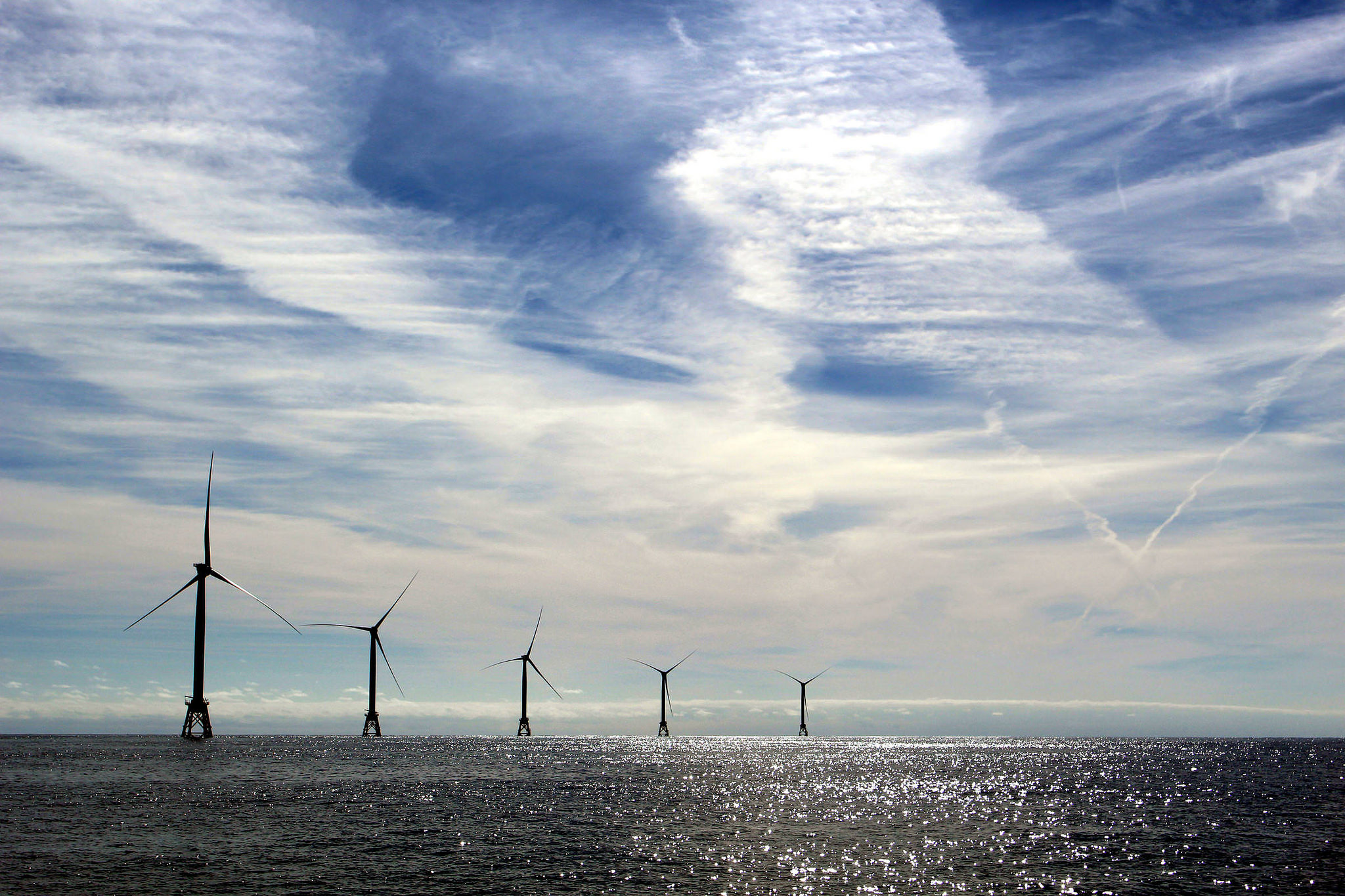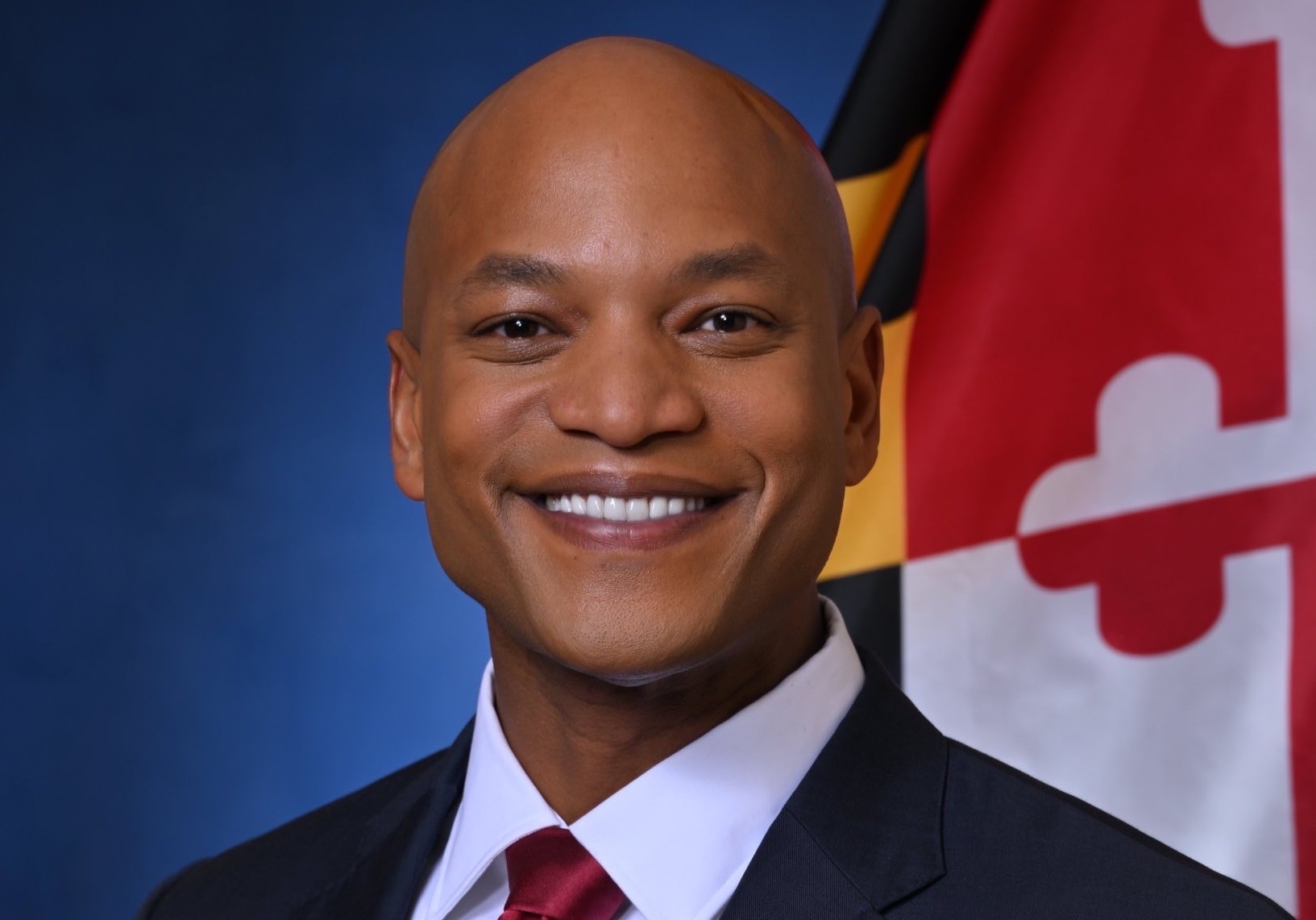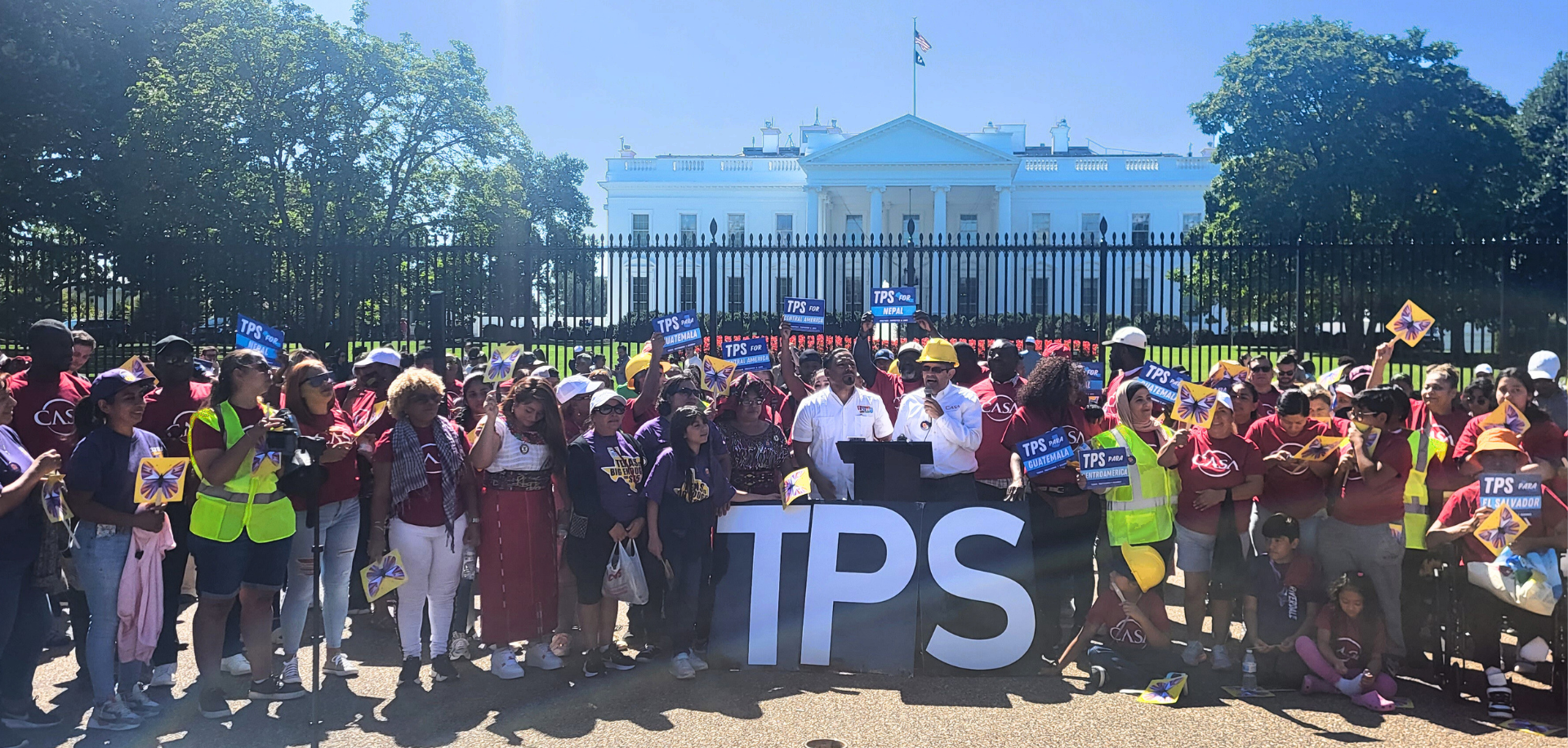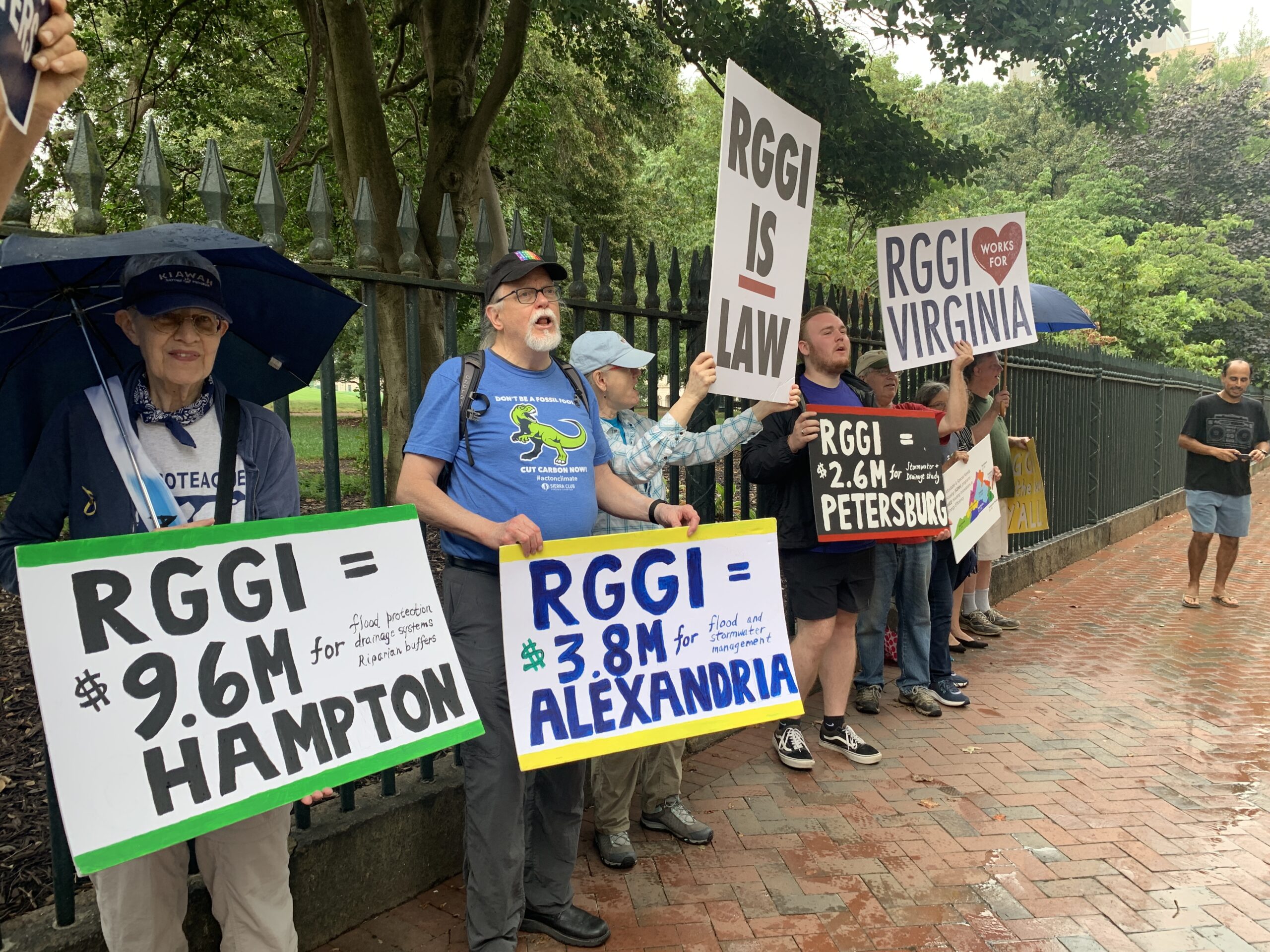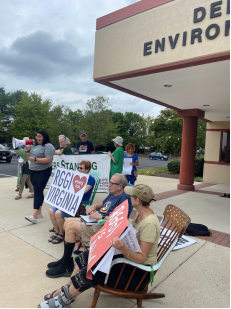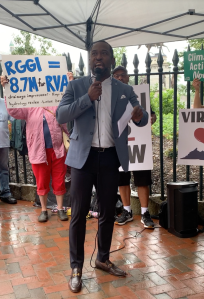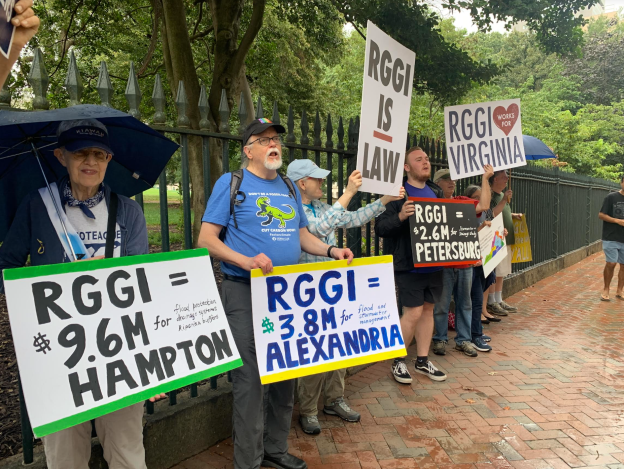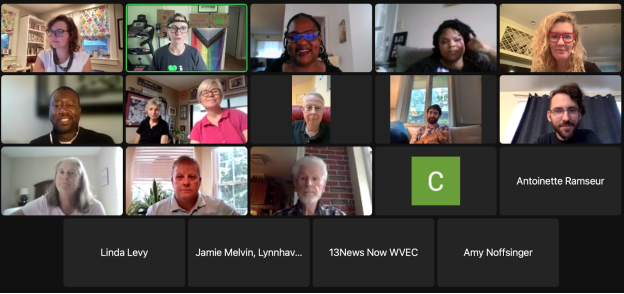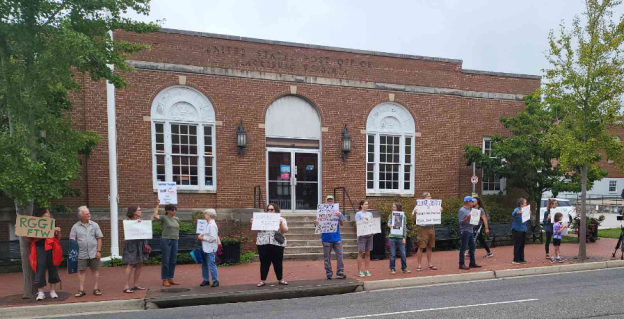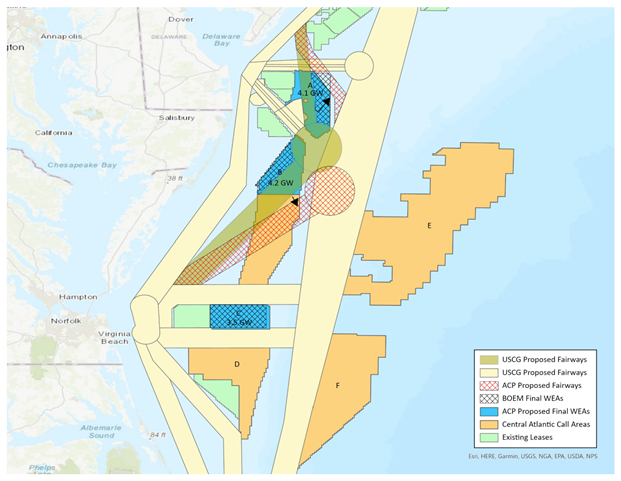CCAN responds: Final offshore wind maps are insufficient for regional offshore wind goals
WASHINGTON, DC — Today, the Biden Administration announced that it is slashing a major portion of the areas in the Central Atlantic that may be leased for offshore wind development. This decision will undercut the ability of Maryland, Virginia and North Carolina to achieve their renewable energy goals and set back progress towards America’s clean energy transformation.
To achieve their combined offshore wind goals, Maryland, Virginia and North Carolina must build 11 gigawatts of offshore wind in new lease areas. In July 2023, the U.S. Bureau of Ocean Energy Management (BOEM) put out a map of three proposed new lease areas — areas A-2, B-1, and C-1 — that would have collectively allowed between 4 and 8 gigawatts of offshore wind to be built.
Maryland supporters of offshore wind urged President Biden to expand this map to allow the Central Atlantic states to hit their offshore wind goals. Rather than expand the areas being leased, today BOEM announced that they would be cutting lease area B-1 entirely.
“The Biden Administration had the opportunity to provide all the lease area needed to allow Maryland to achieve our goal of building 8.5 gigawatts of offshore wind, but they opted not to,” said Jamie DeMarco, Maryland Director of the Chesapeake Climate Action Network. “No one fought harder for Maryland in this process than Senator Chris Van Hollen and Governor Wes Moore. Their efforts helped secure commitments for future offshore wind lease sales, and we are very grateful for their work.”
While all the area outlined in black on the map above was originally identified as potential offshore wind locations, only area C and a portion of area A will be granted for offshore wind use.
CCAN is committed to ensuring the existing lease areas in the Central Atlantic are filled to capacity as quickly as possible through implementation of the Clean Energy Jobs Act of 2019 and the Promoting Offshore Wind Energy Resources (POWER) Act of 2023.
# # #
Contact:
Jamie DeMarco, Maryland Director, jamie@chesapeakeclimate.org, 201-937-7017
KC Chartrand, Communications Director, kc@chesapeakeclimate.org, 240-620-7144
The Chesapeake Climate Action Network (CCAN), the oldest and largest grassroots organization dedicated exclusively to raising awareness about the impacts and solutions associated with climate change in the Chesapeake Bay region. For over 20 years, CCAN has been at the center of the fight for clean energy and wise climate policy in Maryland, Virginia, Washington, D.C. and beyond.

